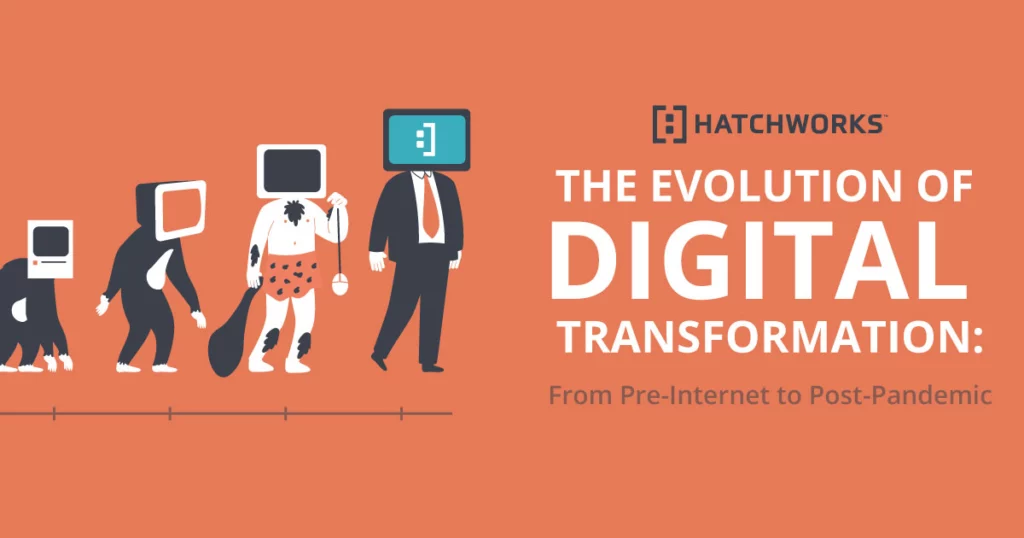The Intersection of Faith and Technology
In a world increasingly shaped by megabytes and microchips, the connection between ancient scripture and digital innovation may seem improbable. Yet, today, churches are livestreaming services, pastors are managing congregations through cloud platforms, and believers are sharing the Gospel on social media. This digital transformation invites a deep question: Can technology be more than just a tool; can it also be a testimony?
The intersection of faith and technology is no longer a theoretical concept; it’s part of everyday ministry. From Genesis to Google, from the Tower of Babel to the age of broadband, the Bible presents compelling insights into how humans communicate, and how we must do so with both courage and caution.
The Story of Babel and Modern-Day Implications
The story of Babel in Genesis 11 reveals humanity’s first attempt to centralize power through communication. The people sought to build a city with a tower reaching to the heavens, aiming to make a name for themselves. But God intervened, not because communication was wrong, but because the motive behind it was. The use of a unified language had become a symbol of pride, not purpose.
This ancient warning feels strikingly relevant today. Our digital tools, if used without accountability, can lead to similar outcomes: disconnection, distortion, and division. The same principles that guided ancient societies now apply to our digital interactions. It’s essential to approach technology with humility and a sense of responsibility.
Hidden Knowledge and Timely Revelation
Interestingly, the Bible often speaks of hidden knowledge and timely revelation. Proverbs 25:2 tells us, “It is the glory of God to conceal a matter; to search out a matter is the glory of kings.” Throughout scripture, from Daniel’s sealed visions to Jesus’ parables and the apocalyptic unsealing in Revelation, we see a consistent theme: truth is sacred, and its revelation is often deliberate and timely.
In the digital world, this reminds us to be stewards of information—handling data ethically, sharing messages thoughtfully, and treating content with spiritual responsibility. As believers, we are called to be guardians of truth in an age where misinformation spreads rapidly.
Faith and Structure
Faith has always valued structure. Biblical leadership was rooted in order. Moses appointed judges to assist him, David established roles in the temple, and the apostles created systems for equitable food distribution. Today’s churches face similar challenges, albeit with more complex tools.
Digital systems like church management software, mobile giving platforms, and outreach analytics don’t replace spiritual leadership; they strengthen it. When used with integrity, these tools make ministries more transparent, efficient, and scalable. They allow churches to reach more people and serve communities more effectively.
The Great Commission in the Digital Age
The Great Commission remains unchanged: “Go and make disciples of all nations.” But the roads have changed. In this era, they’re paved with Wi-Fi, mobile apps, and social networks. Faith now often comes through headphones, smartphones, and video clips.
Churches are leveraging these digital avenues to evangelize through YouTube, Facebook, and podcasts; to disciple through online Bible studies and Zoom fellowships; to steward resources through e-giving platforms; and to protect communities through secure, ethical data systems. Technology, when aligned with theology, becomes a powerful means of spiritual connection.
A Digital Pentecost
In many ways, today’s technologies reflect a digital Pentecost. Just as Acts 2 recounts the Holy Spirit enabling diverse audiences to hear the Gospel, today’s translation tools and global video platforms allow unprecedented cross-cultural ministry. However, digital inequality persists.
According to the ITU, only 34% of Sub-Saharan Africa has internet access, and OECD reports highlight lower access among rural communities and women. To counter this, ministries across Africa and Asia are adopting hybrid outreach methods such as solar-powered projectors, radio broadcasts, and WhatsApp devotionals to ensure the message remains God’s, even in disconnected spaces.
Combating Misinformation
Equally urgent is the issue of misinformation. The digital world is flooded with spiritual content, and not all of it is grounded in sound theology. A 2022 study by Barna Group found that 62% of young Christians have come across online spiritual material that contradicts their church’s teachings. This unfiltered digital pulpit can lead to confusion, division, and spiritual deception.
In response, churches are teaching digital literacy, encouraging believers to verify content, reflect theologically, and seek truth before sharing or embracing online messages. It’s crucial for the Church to be proactive in guiding its members through the digital landscape.
Building Digital Arks
Viewed broadly, today’s faith-based innovators are modern-day Noahs building digital arks to protect truth and prepare for storms. Just as Noah acted with foresight, so must we. Digital missionaries, Christian technologists, and church IT managers are now creating platforms that safeguard communities, preserve dignity, and sustain ministry.
The goal is not to build towers for our own name, but to build structures that reflect God’s glory. Real-world examples such as You Version and The Bible Project demonstrate how faith-aligned technology can transform outreach and discipleship.
The Verdict on Technology
The verdict is clear: technology is not neutral. Like language at Babel or tongues at Pentecost, it always moves in a direction. As the Church steps deeper into the digital frontier, we must choose to move toward the Kingdom with faith, wisdom, and discernment.
Let us redeem the tower, steward the screen, and use our devices not just to connect cables, but to connect hearts both to one another and to God.







